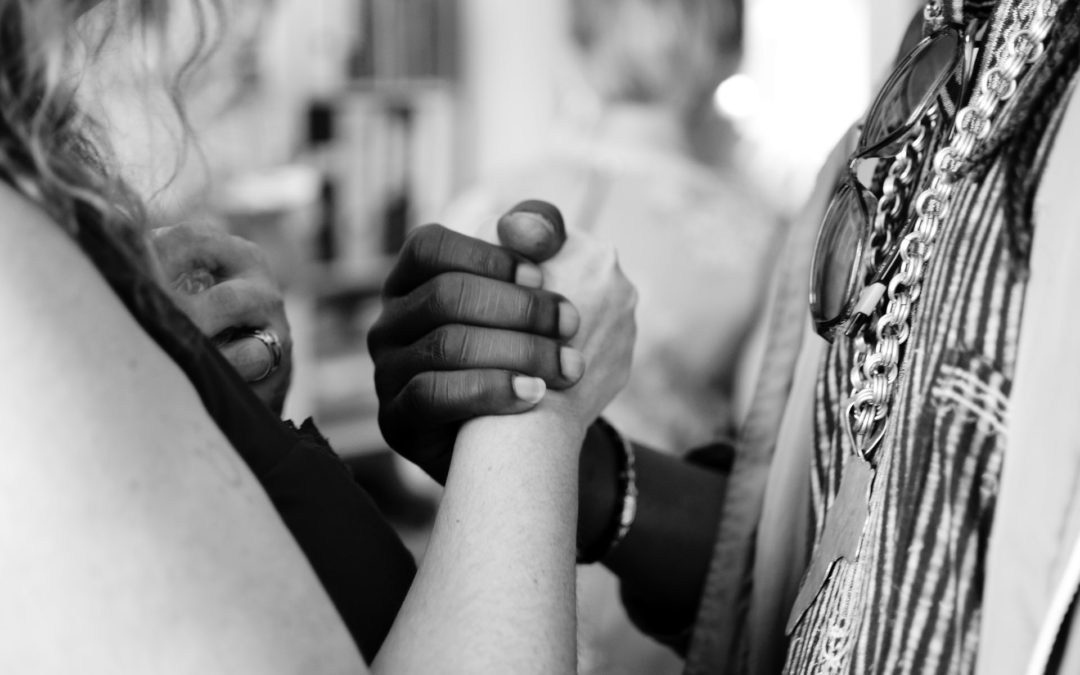4 Reasons Why Culturally Competent Therapists Are Necessary
As a mental health professional, cultural competency means that you can treat your patients in a way that considers the patient’s cultural background. Therapists who are knowledgeable about their clients’ cultural, ethnic, and religious backgrounds are more likely to be able to help them.
To be culturally competent, therapists must thoroughly understand their client’s background, ethnicity, and beliefs. Psychotherapists can better help POC and other marginalized groups by being culturally competent and empathetic.
- POC (People of color) need mental health care
Often, cultural stigma or lack of access prevents POC from getting mental health care. Many people in black and other communities of color feel that mental illness is a show of weakness, whether depression, substance misuse, or traumatic stress disorder. According to the National Institute of Mental Health, many communities of color are at greater risk for poor mental and physical health due to socioeconomic issues. A POC(People of color) Therapist New York can assist you in overcoming the challenges that come with having a marginalized ethnicity or racial identity.
- Cultural competency improves therapeutic connections
This is the relationship between the mental health practitioner and the patient. Therapists with cultural competency can improve their therapy interactions with their patients by making them feel more at ease and understood. Cultural competence strategies have been shown to impact establishing therapeutic interactions with new patients positively. Cultural competence can bring therapists and clients from various cultures closer together than they might otherwise be. Cultural differences allow therapists to provide their clients with a new perspective on their behavior, desires, and needs, which may not contradict their cultural views or societal standards.
- Minorities have particular mental health problems
There is a common desire across communities of color for long and healthy life. The problem of defining a healthy community from the perspective of stigma and past adversity, especially racial disparities in health care, is one that communities of color and health care practitioners face. These difficulties can be solved by therapists and clients working together.
- Queer BIPOC people benefit from culturally competent therapy
As therapists, social workers, and mental health counselors who are culturally competent can provide safe spaces for BIPOC to communicate their ideas, feelings, and behaviors, they can empower BIPOC. Stigma makes it difficult for many BIPOCs to speak up to close friends and family members. With the help of therapists, BIPOCs can participate in community-based support groups that allow them to interact with other members of their community.
Final Words
Looking for the best BIPOC therapist New York? If so, you came to the right place. At Integrative Therapy Center, we provide practical assistance to New Yorkers attempting to achieve emotional and mental equilibrium to live their lives to the maximum potential.


Recent Comments